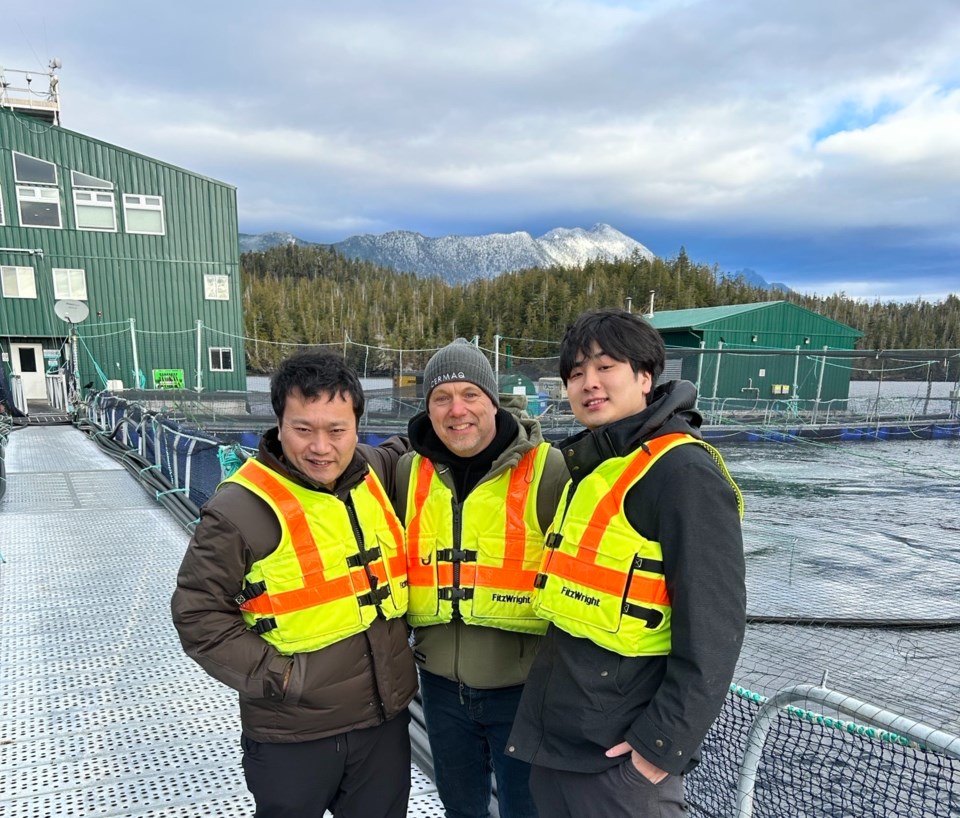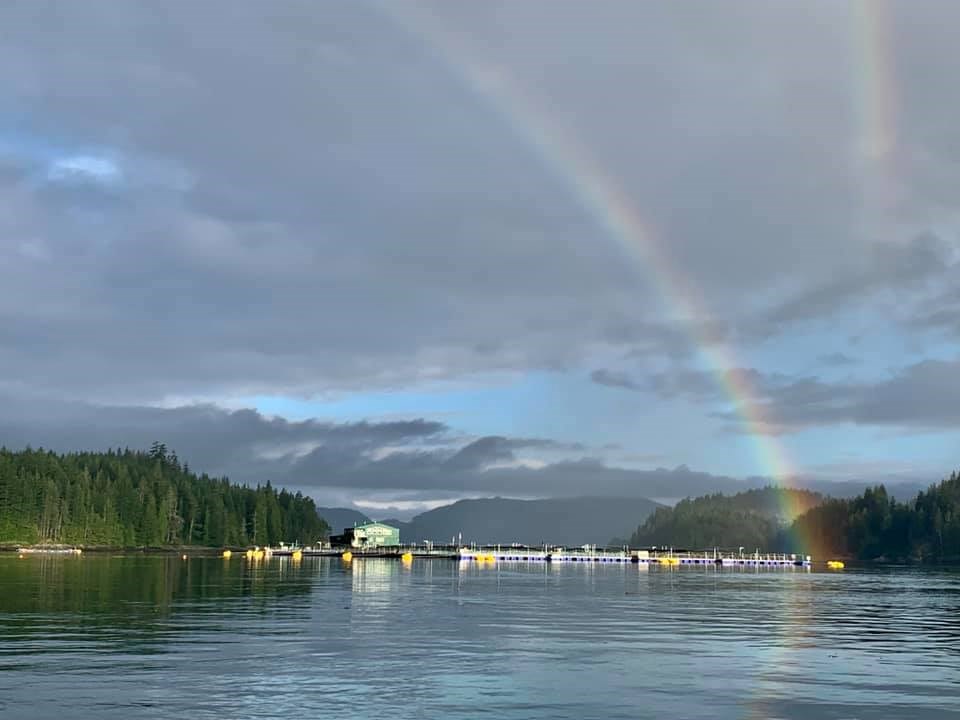B.C. is ceding its position as a top, globally recognized supplier of high-quality salmon, as industry struggles to provide consistent supply.
The province’s salmon exports to major international markets dropped significantly in May compared to a year earlier, according to BC Stats.
B.C. exported $903,000 worth of salmon to Japan — one of the world’s largest consumer markets for the fish — that month, an 86.1-per-cent drop from nearly $6.5 million in May 2023.
Exports to the U.S. and China — two other key markets — also saw sharp year-over-year declines. Shipments to the U.S. fell 34.5 per cent, to nearly $5.2 million from $7.3 million, while sales to China plummeted to zero from $1.3 million during the same period.
“I do a lot of business in Japan. My customers are down about, conservatively, 70 per cent in terms of the volume they’ve purchased compared to previous years, and even more than that versus the peak years,” said Nick Dicarlo, sales director at Cermaq Canada Ltd., the Campbell River-based Canadian division of a global salmon farming company.
Dicarlo said the company, like many other salmon sellers in B.C., has struggled to maintain a year-round supply after the federal government declined to renew 15 salmon farm licences in 2023 in the Discovery Islands, citing environmental concerns.

That decision was followed by the government’s 2024 announcement to ban open-net pen salmon farms in B.C. by 2029.
As a result, global buyers have turned to countries such as Norway and Australia for more consistent supply, even though they can’t match B.C.’s 24-hour turnaround from dock to Asia, thanks to its geographic advantage, Dicarlo said.
“B.C. salmon farming companies are no longer viewed as good partners — not because of business practices, but simply because we just don’t have the product,” said Dicarlo.
“It’s been very difficult to reclaim that market share.”
Jeremy Law, general manager of Blundell Seafoods Ltd., a Richmond-based seafood supplier and processor, has also seen a sharp decline in global sales, as clients look for more reliable alternatives.
“All good businesspeople plan for the long term, which means building relationships with other regions where [salmon] farming is still allowed. So they’ve slowly started moving out of B.C.,” said Law.
He said the company’s salmon business has been hit hard and it had to lay off more than 30 full-time employees directly tied to the production line in recent months.
“It is devastating for the industry,” Law said.
Dicarlo said he wasn’t surprised to see exports to China fell to zero in May. Unlike Japan, where salmon is commonly eaten at home, consumption in China is mostly driven by restaurants, which prefer larger fish for a higher yield.
“The problem with China is, because we don’t have those licences anymore, we have to cycle our crop much quicker, so our fish are smaller and we don’t have big fish to offer,” he said.
Salmon exports to other markets — including the European Union, ASEAN, the Philippines and Singapore — also declined year over year in May, with the exception of South Korea, which saw growth to $1.3 million from $528,000.
Dicarlo, who has worked in the industry for 30 years, said he hopes the government will revisit the ban, especially amid economic pressure and tariff threats from the U.S., so B.C. does not lose out entirely on the growing global salmon market.
“Canada has spent a tremendous amount of money and effort to develop these markets—only to pull back production and let other countries fill the void,” he said.
The Canadian government is phasing out open-net pen salmon farming in coastal B.C. waters by mid-2029 due to concerns that the farms spread disease and sea lice to wild salmon and pollute surrounding waters.
As of July 1, 2029, only marine- or land-based closed-containment systems will be eligible for salmon aquaculture licences in coastal B.C.
The plan has faced pushback from the salmon farming industry over potential economic and job losses, while environmental groups have applauded the move and are calling for even faster action to protect wild salmon populations.


